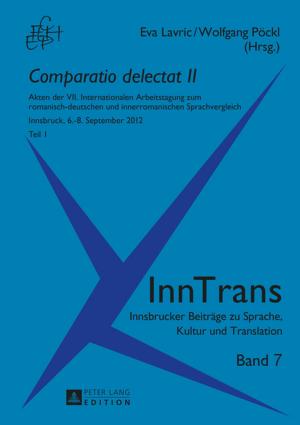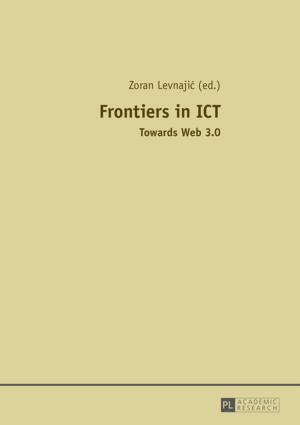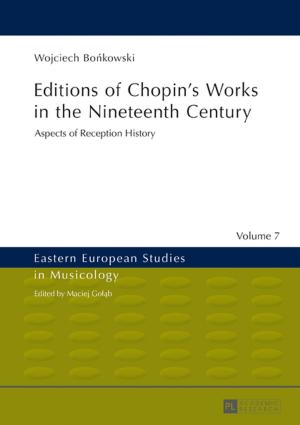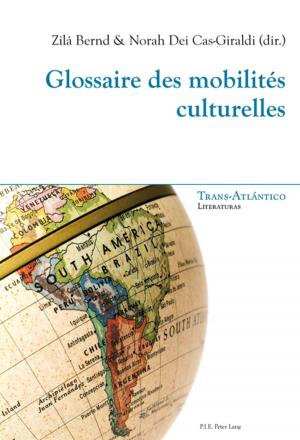European Parties and the European Integration Process, 19451992
Nonfiction, History, Italy, Social & Cultural Studies, Political Science, Politics, History & Theory, European General| Author: | ISBN: | 9783035298253 | |
| Publisher: | Peter Lang | Publication: | September 11, 2015 |
| Imprint: | Peter Lang AG, Internationaler Verlag der Wissenschaften | Language: | English |
| Author: | |
| ISBN: | 9783035298253 |
| Publisher: | Peter Lang |
| Publication: | September 11, 2015 |
| Imprint: | Peter Lang AG, Internationaler Verlag der Wissenschaften |
| Language: | English |
The present volume brings together three different traditions of historical study: national politics, European integration, and political parties. Since the 1980s, there has been an enlargement of the scope of political history. This attempt to transcend national boundaries can intersect with the new strands of European integration history, paying much more attention to transnational perspectives and forces. The chapters comprised in this book attempt to forge a dialogue between these new methodologies and the study of political parties in manifold ways. Firstly, in the study of party foreign and European politics – how parties have perceived themselves as belonging not only to the national political game, but also to a wider transnational, and European one. Secondly, party history can transcend national boundaries through the study of international and European party cooperation. Thirdly, it can offer worthwhile avenues of study on how political families deal with European integration not along ideological cleavages but along national ones. This volume fills a crucial gap of European historiography by comparing parties’ discourses/platforms/policies on European integration and by developing national, comparative and transnational approaches.
The present volume brings together three different traditions of historical study: national politics, European integration, and political parties. Since the 1980s, there has been an enlargement of the scope of political history. This attempt to transcend national boundaries can intersect with the new strands of European integration history, paying much more attention to transnational perspectives and forces. The chapters comprised in this book attempt to forge a dialogue between these new methodologies and the study of political parties in manifold ways. Firstly, in the study of party foreign and European politics – how parties have perceived themselves as belonging not only to the national political game, but also to a wider transnational, and European one. Secondly, party history can transcend national boundaries through the study of international and European party cooperation. Thirdly, it can offer worthwhile avenues of study on how political families deal with European integration not along ideological cleavages but along national ones. This volume fills a crucial gap of European historiography by comparing parties’ discourses/platforms/policies on European integration and by developing national, comparative and transnational approaches.















